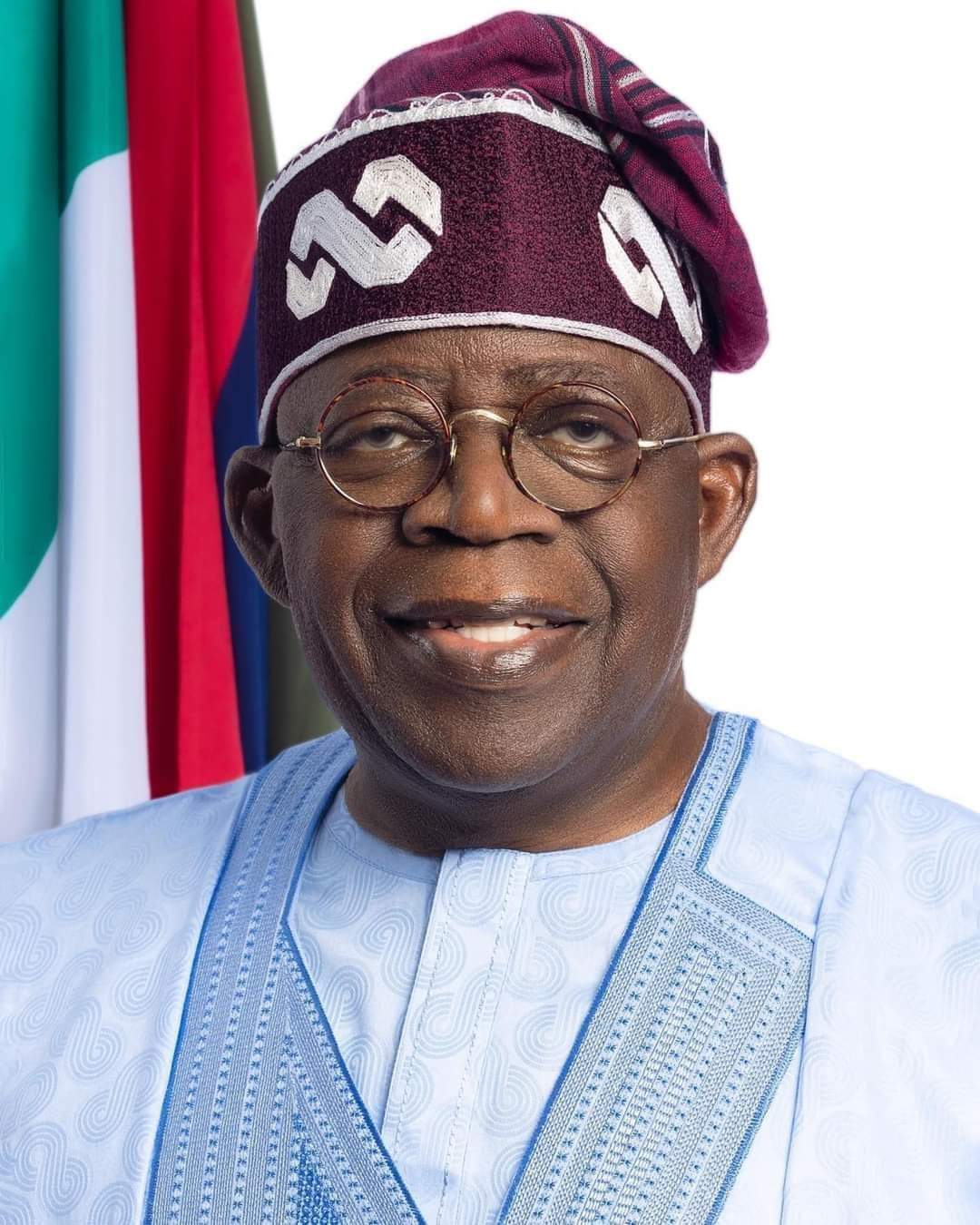Naira Crash Deepens Poverty Among Nigerians

Report By: Zaharaddeen Ishaq Abubakar, Auwal Isah, (Katsina Times)
"Decline in Naira's Value and Its Impact on the Lives of Nigerians"
Nigeria continues to grapple with a worsening economic crisis as the value of the Naira plummets without any concrete intervention, plunging the nation into uncertainty. The rapid devaluation has severely affected everyone, particularly the underprivileged, who are bearing the brunt of this economic downturn.
Once a stable currency, the Naira has sharply declined in value due to rising inflation and poor economic governance. Recent studies reveal that the Naira has lost significant value, making essential goods like food and household items increasingly unaffordable for the majority of Nigerians. The situation has become so dire that borrowing ₦1,000 today could see a significant reduction in its purchasing power within just a few weeks, requiring a doubled amount to match its former worth.
For instance, soap sold at ₦1,000 today may rise to ₦1,500 or more within a month. This devaluation is not just an economic problem; it has escalated into a devastating livelihood crisis, with commodity prices skyrocketing faster than wage growth, while savings diminish at alarming rates.
What Does This Mean for Ordinary Nigerians?
The Naira’s depreciation has profoundly impacted the poor. As prices soar and the economy spirals, millions of Nigerians are sinking deeper into poverty. With a diminished purchasing power, basic necessities like food, fuel, and medicine have become luxury items, largely out of reach for most people.
This has led many to question: Could this crisis be a blessing in disguise for the masses? Unfortunately, the answer is no. Instead of opening up opportunities, the economic crisis has further trapped the poor in a vicious cycle. The ordinary Nigerian feels the hardest hit, lacking the resources or safety nets to weather this economic storm.
Mismanagement and rampant corruption at various levels of the Nigerian government have exacerbated the Naira’s downfall. The government has failed to implement effective policies to curb inflation and stabilize the economy. Moreover, the failure to address underlying issues such as over-reliance on oil and a lack of investment in domestic industries, coupled with deep-rooted corruption, has compounded the problem.
What Lies Ahead for Nigeria’s Economy?
If this trend continues without swift and decisive action, Nigeria’s economic future is bleak. Economic experts predict that unless Nigeria enacts strong reform measures, the nation could face hyperinflation and a total economic collapse. This would further erode public trust in the government’s ability to manage the economy and potentially ignite civil unrest, particularly among the increasingly impoverished population.
The political repercussions could be equally disastrous. A weakened economy often leads to political instability, and history has shown that economic crises can result in government overthrows or political turmoil. Should Nigeria continue down this path, the outcome for the nation's unity and stability could be catastrophic.
The pressing question remains: How will Nigeria respond to this dire economic crisis? Will the country develop strategies to recover and lift its citizens out of poverty, or will it continue to sink deeper into chaos, leaving millions trapped in an economy on the brink of collapse?
In a nation already plagued by poverty, insecurity, and political uncertainty, the Naira’s freefall is exacerbating hardship for the poor. With no immediate solution in sight and inflation rising, Nigeria’s economic outlook is increasingly grim. Urgent measures are needed to stabilize the currency and revive the economy, or Nigeria risks facing an unprecedented economic meltdown, plunging millions further into poverty and despair.

